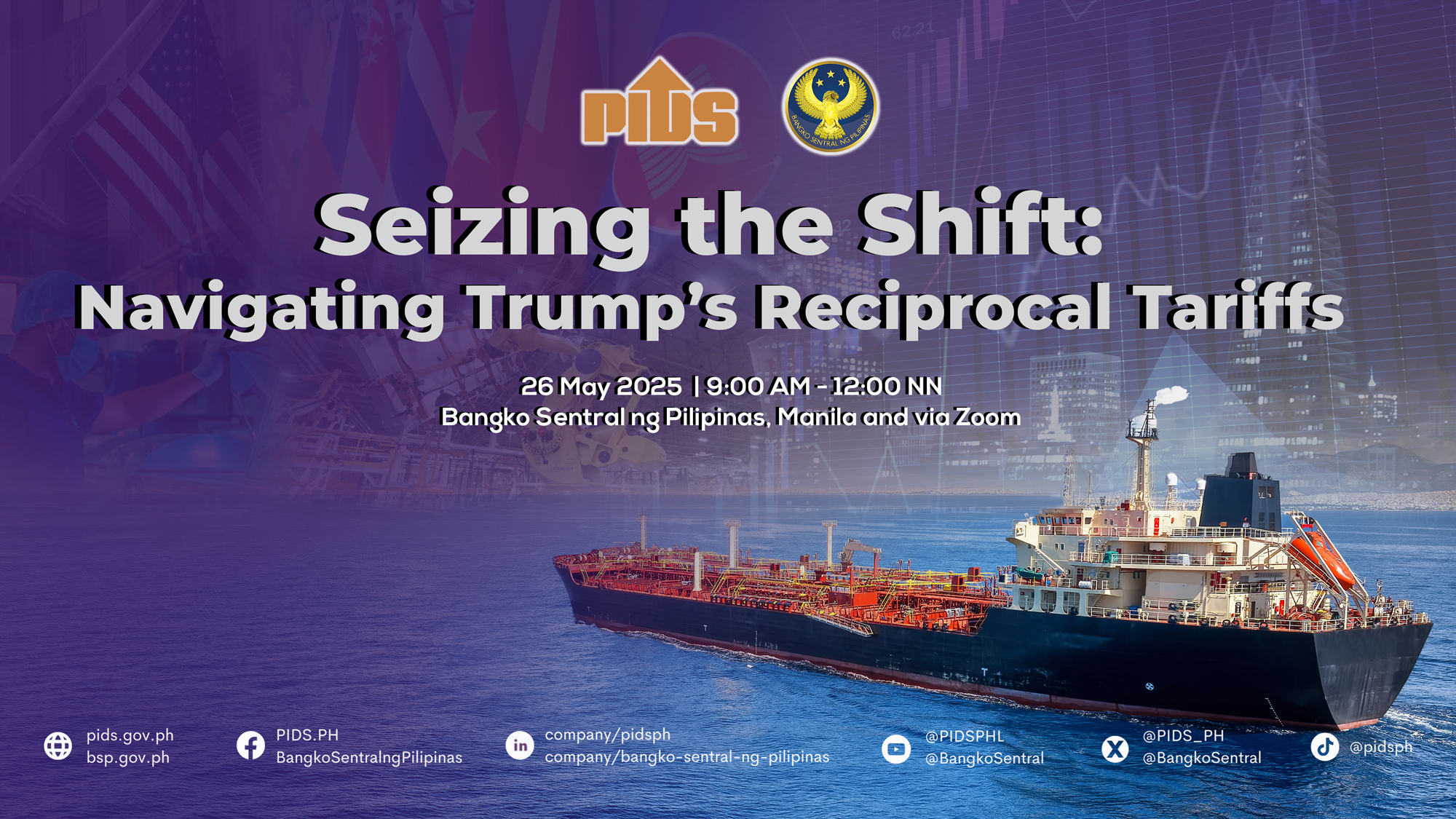SIX business groups have asked the government’s economic agencies to review the economic and budgetary implications of the change in government system to a federal structure.
“The businesses are cautious because once we shift to that, it’s an entirely different ballgame. And as businessmen, you cannot keep on changing the rules of the game,” Philippine Chamber of Commerce Inc. (PCCI) President George T. Barcelon said in a phone interview with BusinessWorldon Thursday.
In a joint position paper issued on Thursday, businesses said the country’s competitiveness and its ability to attract “job-creating investments” must be sustained through the transition to federalism through “stable policies and reduced uncertainty.”
“We acknowledge the aspirations of the proponents of a shift to a federal system: the idea that local government may be more knowledgeable about and responsive to local needs and that increased local authority will allow them to more successful and even creative in improving governance and standards of living,” the groups stated.
They provided the following recommendations to the government:
• For the Department of Finance (DoF), Department of Budget and Management (DBM), and the National Economic and Development Authority (NEDA) to conduct comprehensive studies on the budgetary and economic implications of a shift to a federal system and to present their findings to the Consultative Committee (ConCom), Congress and the public.
• For the ConCom and Congress to seek feedback from various sectors and the public in light of the extremely low level of public awareness.
• For the national government to design and implement a program to expand the capabilities of local governments and its officials to prepare them for added responsibilities under federalism.
• For the Executive, the Congress, and the ConCom to identify which of the objectives of federalism may be addressed immediately and substantially by amending the Local Government Code and other laws or by enacting new laws, while deliberating on whether to change the Constitution.
• For the national and local governments to strengthen regional economies by developing economic strategies, with the business community committed to helping the government developing such strategies.
The joint position paper was signed by Financial Executives Institute of the Philippines (FINEX) President Maria Victoria C. Españo, Makati Business Club (MBC) Chairman Edgar O. Chua, Management Association of the Philippines (MAP) President Ramoncito S. Fernandez, PCCI Chairman George T. Barcelon, Semiconductor and Electronics Industries of the Philippines Foundation, Inc. (SEIPI) President Danilo C. Lachica and Cebu Business Club (CBC) President Alan Gordon P. Joseph.
The joint position paper noted that only a handful of prospective federal regions have the production and trading capacity to support their population with a degree of independence. This, it warned, may force big and small businesses to shut down and trigger higher unemployment.
Mr. Barcelon said business groups wanted economic managers to weigh in on federalism because they have the data on how to sustain regional development with the proposed federated regions. He also said it would also be counterproductive to shift to another government system, especially after the ease of doing business legislation has just been signed into law.
“All of these data are needed to be looked into; what is the feasibility of having… 12 to 14 federated regions. If some cannot sustain it, how does one support the other? So all of these are not yet so clear” he said.
“Both national and local levels can address the ease of doing business now. I think it would be counterproductive if we go into a new government system and we’re starting from square one. These are the things that need to be looked into,” he added.
He also noted that the business sector has a “tendency to hold back” when there is uncertainty and unpredictability.
“The predictability and the stability of the government structure is very crucial,” he said.
Among the other concerns raised by the joint position paper included the need to improve local government efficiency and services since federalism would give them more power and authority over critical processes, such as taxation. It also expressed concerns over the possibility of political dynasties’ increased competition for control and patronage under federalism.
It also saw uncertainties with the division of financial powers as proposals in the House of Representatives and ConCom left the matter for future politicians to decide. Investors, it said, were left unsure on the proposed states’ power on imposing taxes, spending and the planned equalization fund, which was meant to transfer undefined amounts of funds during a transition period from economically strong states to weaker ones.
Sought for comment, the ConCom, in statement sent to BusinessWorld said the concerns expressed by business groups would be addressed since further discussions will take place once the consultative body has submitted its proposals to Congress. It also assured that economic managers as well as the Philippine Institute for Development Studies (PIDS) provided their own assessments of the proposed federated regions.
“The ConCom submitted to PIDS and NEDA its own study, assessment of the regions and criteria and formula for the creation of the regions — which the PIDS — critiqued. NEDA and DBM made subsequent submissions after the meeting with the ConCom,” it stated.
The ConCom also maintained that simple amendments to the laws such as the Local Government Code would not fully address the problem.
“The best way to strengthen regional economies and unleash their economic potential is to shift to federalism — which will give them both powers and political/administrative powers. For over 100 years — and for the past 31 years — we’ve heard these same proposals. Has anything changed?” the ConCom said.
Presidential Spokesperson Herminio L. Roque, Jr. said federalism and Charter change issues were being studied and decided carefully by the government.
“I think the government has already reviewed what can be done by ordinary legislation, specifically on what provisions of the local government code can be amended to further bolster local autonomy,” he said at a briefing in Malacañang.
“But the problem is — as a matter of law — number one, it can easily [be] repealed by Congress and number two, it does not send a message loud enough to the people that we want fundamental change in [a] system to recognize the primacy of local autonomy,” he added.












